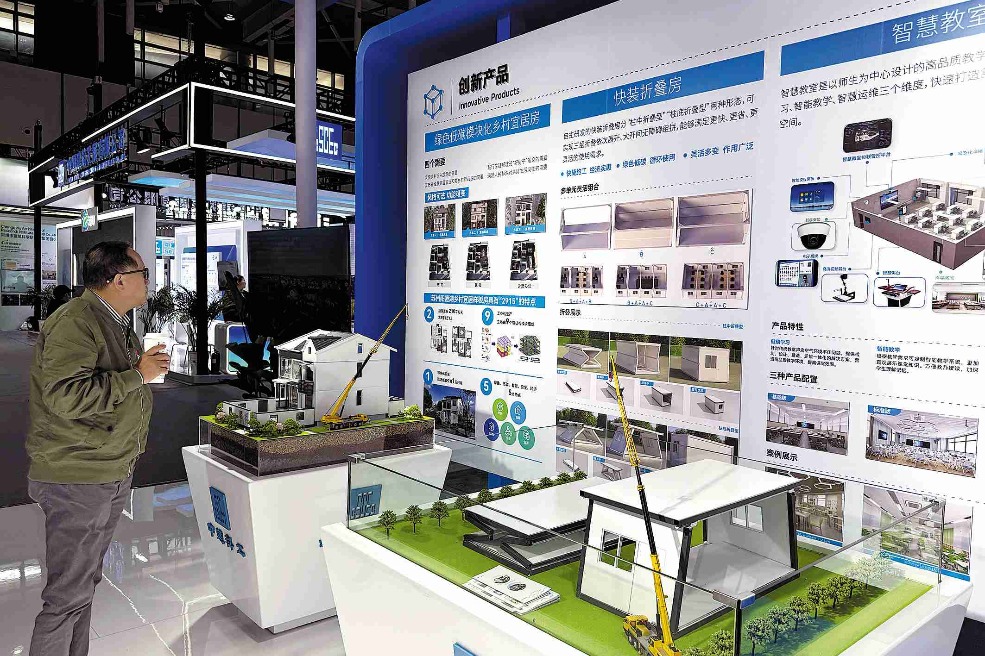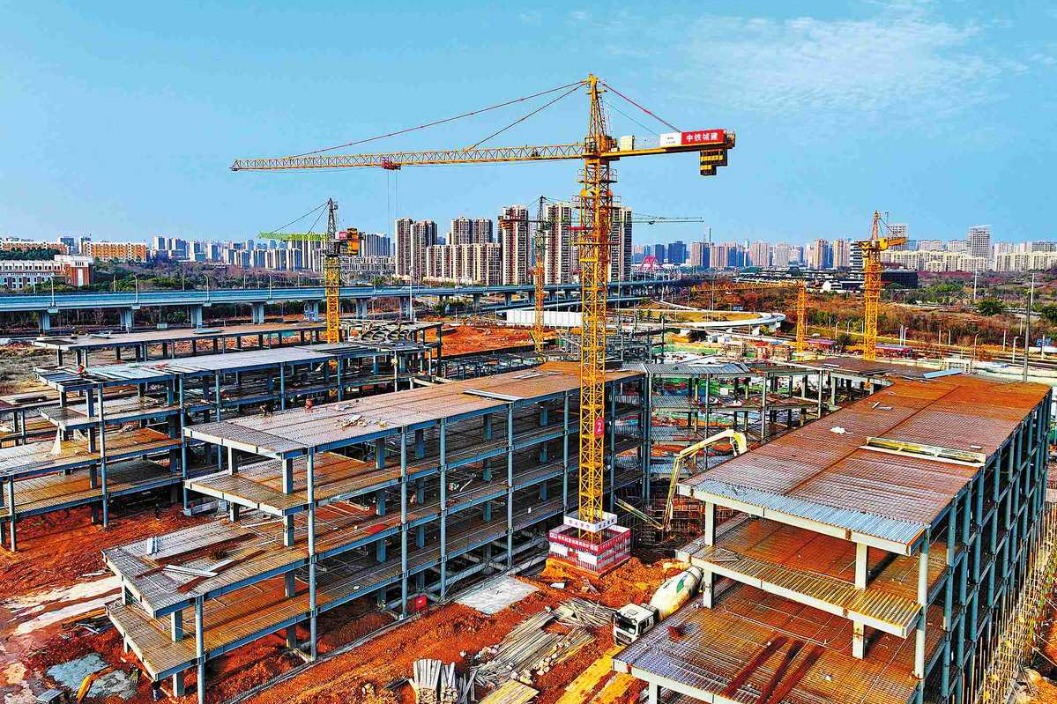Chinese smart cars ready for global stage, says TUV Rheinland exec


China-made smart vehicles has vast potential in overseas markets, and localization will prove crucial, said an executive at TUV Rheinland, an independent third-party testing and inspection organization.
"We've been active in China for nearly four decades," Matthias Schubert, executive vice-president of mobility at TUV Rheinland, told China Daily, "and today we're working more closely than ever with local players."
He pointed to a cooperation agreement inked with Seres in late May as well as productive discussions with BYD and Changan, as evidence of growing momentum.
"We're trying to help our Chinese customers evolve further into the future and based on a very strong local market to tap into opportunities elsewhere," said Schubert.
Schubert had the chance to test-drive the AITO M9, co-developed by Seres and Huawei. "It's a beautiful car," he said, praising its intelligent features and safety systems.
While acknowledging that the adoption of the Advanced Driving Assistance System in Europe remains cautious due to privacy and safety concerns, he expressed confidence in the technology's global trajectory.
"This won't remain a regional trend—smart driving is the future everywhere," he said.
As Chinese automakers look abroad, TUV Rheinland supports them in navigating regulatory landscapes and localizing products.
"We help them understand compliance requirements, conduct testing both in China and on European test tracks, and advise on consumer expectations," Schubert said.
"Because localization is not only the regulatory framework, it's also the consumer, and we try to be helpful on all these aspects."
Despite concerns over slowing growth in China's vehicle market, Schubert remains optimistic.
He said there is a little slowdown of the Chinese market and but that does not mean that this is the new normal. "I think we're going to see growth again soon," he said.
TUV Rheinland has recently expanded its China footprint with a new component testing lab in Taicang, Jiangsu province, and acquired a lab early last year in Shanghai.
"We started here supporting international OEMs. Today, Chinese companies are a pillar of our global operations."
Asked how Chinese clients differ from their global counterparts, Schubert noted their agility and openness.
"Time is of the essence here. Chinese automakers move fast, but they're also collaborative—we enjoy working with them."
With China's transition from gasoline to smart electric vehicles, TUV Rheinland has ramped up its capabilities in battery testing.
"We've built world-class facilities in Aachen (in Germany). Now, we're as deep into batteries as we ever were into combustion engines."
As Chinese brands set their sights on Europe and beyond, Schubert sees one clear trend: "The product is getting better and better—and global consumers are going to notice."




































